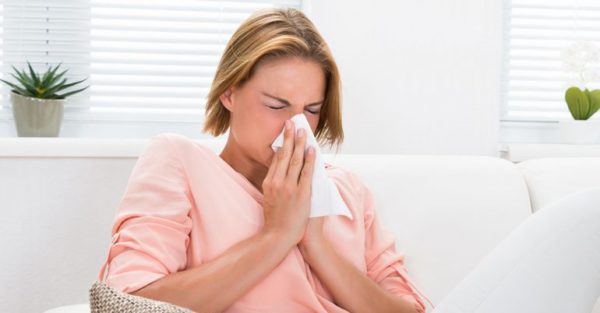
28 days later: Employers warned employees can self-certify sickness for up to a month
24th January 2022
Employers and their staff must make preparations and know their rights now employees are able to self-certify sickness for up to 28 days under a temporary rule that came into effect on the 17th December 2021, but will apply to periods of sick leave from the 10th December. The temporary measure ends on the 26th January 2022.
Employees can normally only self-certify for the first seven days of absence, but the temporary new rules have been brought in to reduce pressure on GPs during the COVID-19 pandemic and are in effect for all employees in England, Scotland, and Wales.
This relates to all absences as a result of illnesses, not just covid.
However, covid will no doubt be at the forefront of an employer’s mind.
While the change may present business continuity challenges, employers can ask for proof of a positive PCR test from an employee claiming to have coronavirus.
Kerry Hudson, Employment Solicitor says: “Some managers may feel uncomfortable asking for evidence of a positive PCR test but I consider are well within their rights to do so, not least to be able to take steps in the employees workplace such as deep cleaning their work station.
The sad fact is some employees may exploit the epidemic as an opportunity to take paid time away from the workplace or desk. By requesting evidence of a positive test, managers can reduce this risk and deter similar behaviour and simply having a policy that applies to everyone will assist. It’s important to make sure this applies to everyone, so no one considers they are being singled out.”
In some circumstances, employers may offer you a private referral and treatment such physiotherapy or other types of occupational therapy, in fact, some contracts of employment give employers the right to ask you attend upon a referral such as to occupational therapist to comments on your fitness to work.
Kerry says: “Employers should discuss any changes that might help the employee return to work such as different/phased hours or reduced duties.
Employees must also be mindful that, unless there is an enhanced company sickness policy in their contract, they will still only be entitled to statutory sick pay.”
Depending on the reason for absence it will also affect when you become eligible, for example if self-isolating because you are suffering from covid, you may get SSP from the first day, if your absence is not related to covid, it will be from day 4.
Some firms recently have amended their sick pay polices such as Morrison’s, who will only pay enhanced sick pay to those off suffering from covid who have had their vaccine, whereas those who have not had the vaccine will be entitled to SSP only.
She also reminds employees, having had enquiries from employees who have been absent from work on sick leave, but then posted pictures of themselves on social media which have been used against them in disciplinary proceedings if the employer considers the posts depict a different account to the employees’ health that they are declaring, that this is not a breach of GDPR or invasion of private life – the posts are on social media platforms
The changes have been implemented to free up health professionals to focus on the vaccine booster programme and emergency care.
According to the GOV.UK website; “Employees must give their employer a doctor’s ‘fit note’ (sometimes called a ‘sick note’) if they’ve been ill for more than 28 days in a row and have taken sick leave.
This includes non-working days, such as weekends and bank holidays.
If they started their sick leave before 10 December 2021, they must give proof if they’ve been off work for more than 7 days, including non-working days.
If employees are self-isolating and cannot work because of coronavirus they can get an ‘isolation note’ online from NHS 111.”
The rules will revert back on 26 January 2022 but there is a possibility the temporary rules could be extended if the health system is still under pressure.
